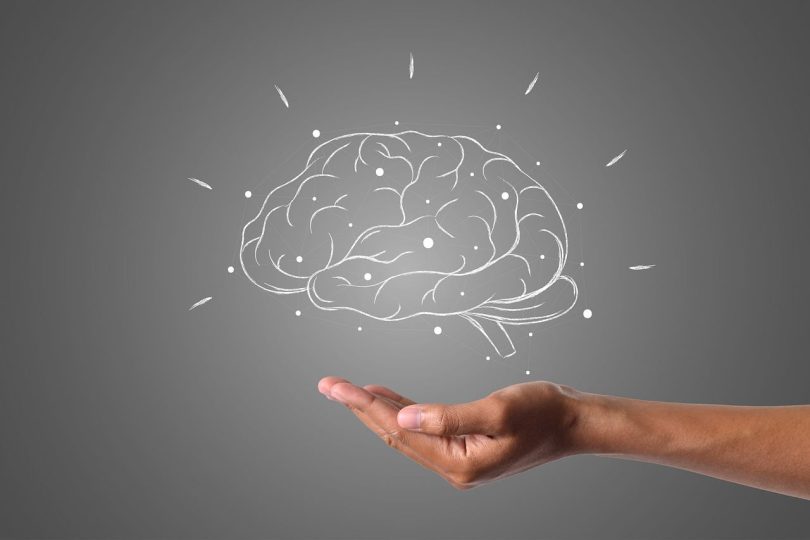There are numerous reasons why people suffer from poor mental health. Some are genetic, some are circumstantial, and others are historic, but many are also biological. When people seek support to improve their mental health, the first point of contact is often a counsellor or psychotherapist. If you visit your GP with symptoms of depression, they will usually recommend medication or therapy.

However, if you visit a nutritionist or naturopathic doctor, the recommendation is likely to focus on a better diet combined with exercise—and that makes so much sense.
A holistic approach to mental health must take diet into consideration.
We know that our body needs the right nutrients, vitamins, minerals, and antioxidants, but we often forget that our brain also requires the right fuel to function properly!
When our diet contains high-quality foods, it has a remedial impact on brain function and mood. Diets that are high in sugar are particularly unhelpful for brain function, as they increase the body’s insulin production and worsen inflammation and stress. This is something we easily observe in children: after a birthday party full of cake and sweets, they initially bounce off the walls but later crash and feel miserable. As adults, we often dismiss the idea that sugar affects us in the same way, only to wonder why we feel so low after consuming sugary foods or alcohol.

Sugar also disrupts adrenaline and cortisol levels, which immediately affect our emotional wellbeing.
Studies have shown that we can reduce the risk of depression by up to 35% simply by changing our diet. Adopting a Mediterranean diet—rich in vegetables, fruits, unprocessed grains, and seafood—or a ketogenic (Keto) diet—low in carbohydrates, alcohol, and processed foods, but high in vegetables, meats, and fatty fish—can make a significant difference. Both of these diets avoid processed foods and sugars, which are so prevalent in Western diets. Cutting out sugars, carbs, and alcohol has an almost immediate effect on our state of mind and emotional regulation.
Alcohol, in particular, deserves attention. While it may make us feel happy and relaxed in the short term, it is a depressant in the long term. Apart from being a source of sugar in your diet, it directly affects emotional health.

Clients who stop drinking alcohol often report a noticeable improvement in mood, energy levels, sleep quality, and focus around nine or ten days after quitting.
Research also highlights the impact of gut bacteria, or the microbiome, on our mood and mental health. Serotonin, commonly known as the “happy hormone,” is predominantly produced in the gut. Diets high in processed foods, sugar, and carbohydrates disrupt gut bacteria and serotonin production, which, in turn, affects how we feel. Incorporating fermented foods like kefir, yoghurt, sauerkraut, kimchi, raw cheeses, and fibre from vegetables into your diet supports gut health and boosts serotonin production.
Knowing that we can improve our mental health, particularly depression & anxiety, by simply changing our eating habits, why not give it a try?
Adjust your diet where you can: eliminate processed foods, sugar, carbohydrates, and alcohol, and add nutrient-rich options that may be new to your routine. Pay attention to how you feel the next day or over the course of a week. If you reintroduce less healthy foods later, notice how your sleep, mood, and energy levels are affected.
While eating healthily might not be the sole solution to poor mental health, it is a significant contributor to improvement and recovery. It’s within everyone’s reach—it’s not rocket science but common sense.
See how these changes can transform your sense of wellbeing, too!
Main – Image by hainguyenrp from Pixabay



